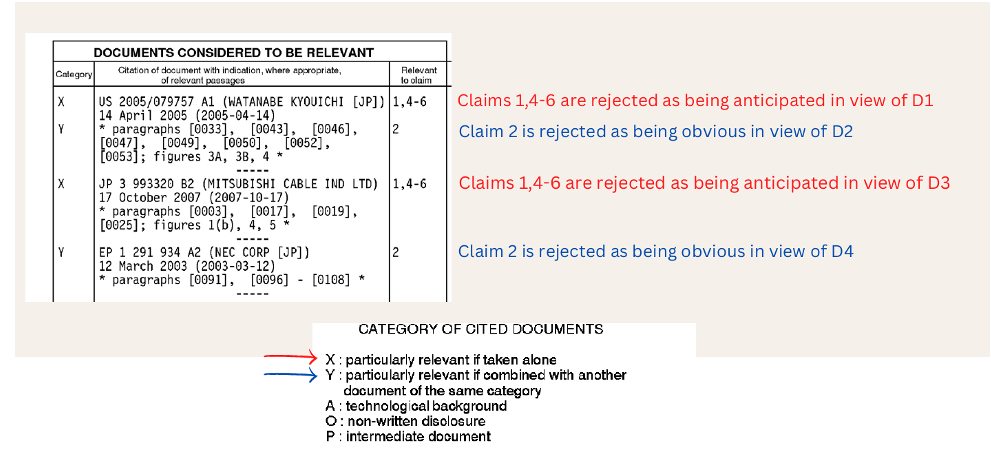Is Your Estate Plan Missing Some Important Pieces?
Comprehensive estate planning involves covering all your bases. There is no reason to settle for uncertain outcomes, or less than ideal results. If you have not discussed all of the finer points with an estate planning lawyer, your plan could be lacking in various ways.
In the end, your family can pay a price when your estate plan is incomplete. With this in mind, we will look at some of the estate plan components that are often overlooked.
Alternate Beneficiary and Executor Designations
Your estate plan is going to include named beneficiaries. When you are creating the plan, you may fail to name alternates that would assume the role if a primary beneficiary was to pass away. And in some unusual cases, the first choice will refuse an inheritance for one reason or another.
The same thing is true of the executor of your estate. When you designate alternates, your true succession wishes will be known if extenuating circumstances enter the picture.
Disability Trustee
When you compare your options, you may find that a living trust is a better choice than a simple will. There are many advantages, and we are not going to get into all of them here. However, we can touch on a few of them briefly.
First, a will is admitted to probate. This is a time-consuming process that is supervised by a court. No inheritances are distributed while the estate is being probated, and so the heirs play a waiting game. Plus, probate expenses reduce the value of the estate.
In addition, the inheritors receive lump sums with no asset protection or spending safeguards. On the other hand, when a living trust is used, the trustee can distribute the assets outside of probate. As a result, the drawbacks are avoided.
While you are living, you will be the trustee of your living trust. You have total control of the assets in every way. When you are drawing up the trust declaration, you can name a disability trustee. This person would become the trustee in the event of your incapacity. Since cognitive impairment is common among elders, this is a prudent safeguard.
Incapacity Planning
Along the same lines, your estate plan should address possible incapacity in a broader sense. You can name someone to manage assets that are not held by trust in a durable power of attorney for property.
Advance directives should be part of the plan as well. With a living will, you record your life-support utilization preferences. A durable power of attorney for health care should be added to empower someone to make medical decisions on your behalf that are not related to life-support.
A provision in the Health Insurance Portability and Accountability Act (HIPAA) prohibits doctors from sharing medical information with anyone other than the patient. As a response, your plan should include a HIPAA release to give your health care agent access to your medical data.
Letter of Last Instruction
The executor will need certain information to be able to complete the tasks that will be assigned to them. You can share it in a letter of last instruction.
For example, you should provide the names and contact information of people that should be notified about your passing. They will need to know the location of keys, access codes, hardcopy documents, and stored property. Access to online financial accounts is another consideration, and you should let your executor know how you want your social media accounts handled.
There are no rules when you are creating the letter. You simply use common sense and provide information that the executor would logically need to do the job.
We Are Here to Help!
These are a handful of things to think about, and when you work with us, we will make sure that your plan is comprehensive in nature. If you are ready to get started, you can schedule a consultation at our Oklahoma City estate planning office if you call us at 405-843-6100.
Our Tulsa office can be reached at 918-615-2700, and you can use our contact form to send a message to either location.
After helping his own family deal with a lengthy probate and the IRS following his father’s untimely death in a farm accident, Larry Parman made a decision to help families create effective estate plans designed to reduce taxes, minimize legal interference with the transfer of assets to one’s heirs, and protect his clients’ assets from predators and creditors.
Latest posts by Larry Parman, Attorney at Law (see all)
Story originally seen here






